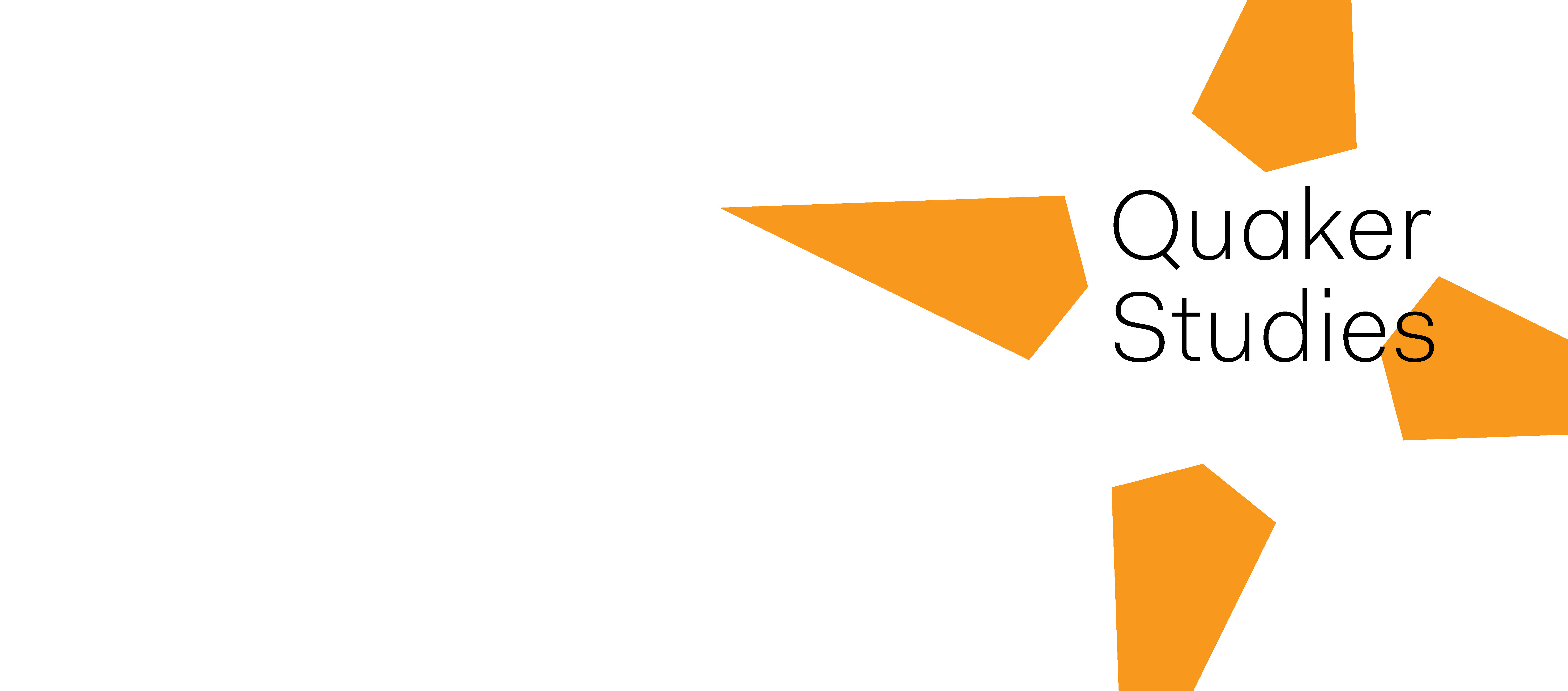Abstract
Exhorted by George Fox to live a 'Civil and useful life', educated middle-class Quaker women who did not feel called to undertake a recognised ministerial role within the Religious Society of Friends still used their education and skills to the benefit of the wider community. This article examines the engagement of Quaker women with education by focussing on the work of Mariabella and Rachel Howard (mother and daughter), who were involved in several educational charities between 1800 and 1835. The article seeks to address the irony of two educational campaigners who as non-professional women sought to professionalise the work of women in teaching. Through the use of their journals, letters and published texts, the article explores how they sought to transmit their knowledge and provide a system of training for other women to emulate, particularly those women who wanted to gain employment as professional teachers. In examining the professionalisation of teaching, my work seeks to add to that of Christina de Bellaigue (2001) and Joyce Goodman and Jane Martin (2004) by looking at professionalisation processes in teaching through the lens of Quakerism.
Keywords
Quakers, women, education, nineteenth century, professionalisation
How to Cite
Leach, C., (2015) “'A Civil and Useful Life': Quaker Women, Education and the Development of Professional Identities 1800-1835”, Quaker Studies 11(2).
107
Views
109
Downloads
